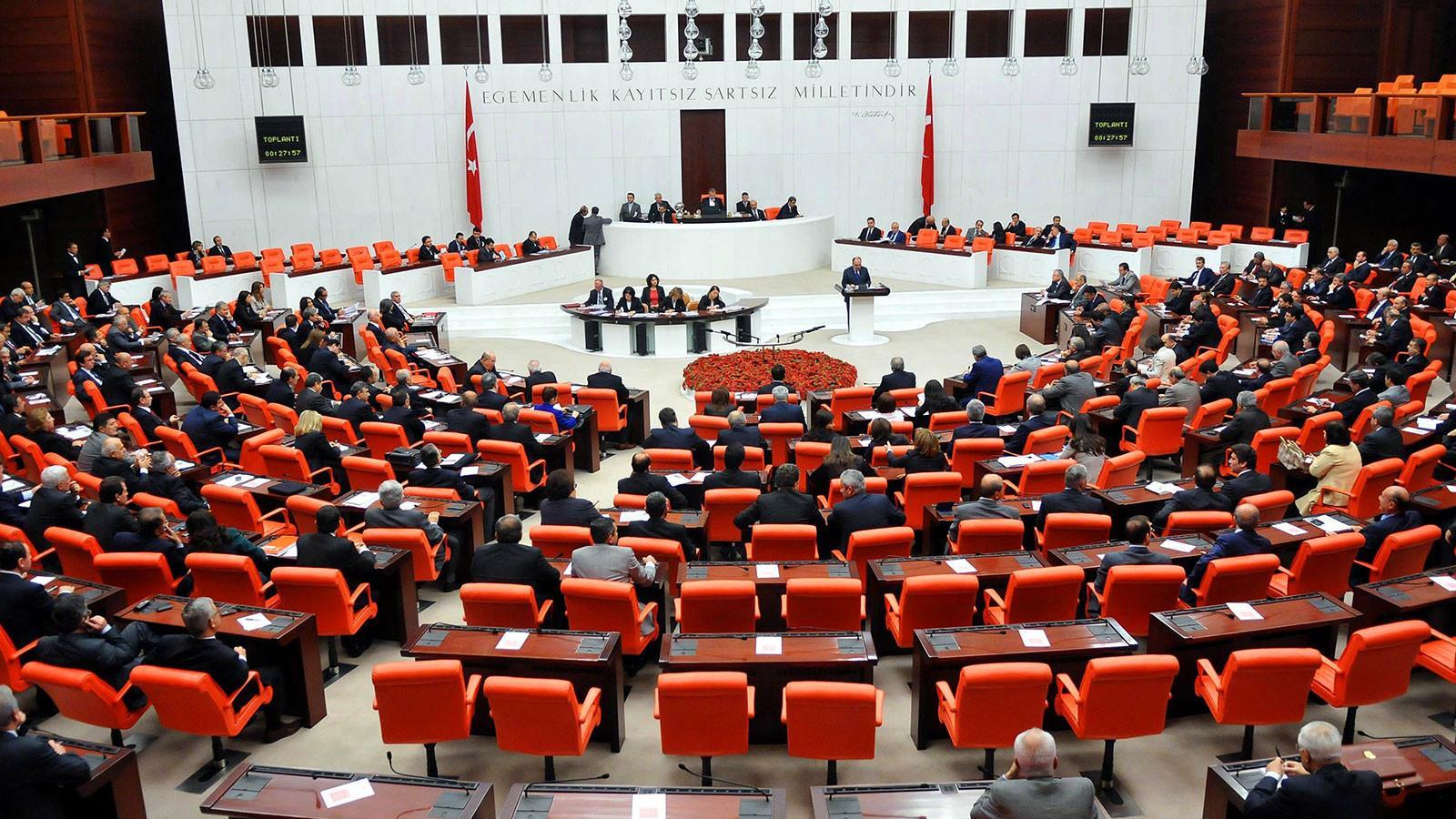
The final results of the parliamentary elections held on May 14 will be announced on May 30 at the latest, according to Supreme Election Council (YSK) head Ahmet Yener.
“The appeal files that have reached the [Supreme Election] council will be discussed today, and depending on their fate, the parliamentary results will be known today or tomorrow,” YSK head Ahmet Yener said on May 29.
Preparations for the 28th term of the Turkish assembly are in full swing, with the parliamentary swearing-in ceremony expected to take place on June 1, pending the final official results of the May 14 parliamentary election.
The parliament administration, meanwhile, is meticulously fine-tuning the sitting arrangement and will conduct a lottery in which party leaders will not participate, including New Welfare Party (YRP) head Fatih Erbakan as he will be assigned the chamber previously occupied by Great Union Party (BBP) leader Mustafa Destici, who was unable to secure a seat as a deputy this term.
The seating draw will be based on a plan that lists parties from left to right as the Justice and Development Party (AKP), the Republican People’s Party (CHP), Green Left Party (YSP), Nationalist Movement Party (MHP) and İYİ (Good) Party groups.
The ruling People’s Alliance, led by the AKP and the MHP, achieved the majority among the three alliances formed for the parliamentary polls, as the AKP received 266 seats (35 percent), and the MHP gained 50 lawmakers (10 percent).
The six-party Nation Alliance, on the other hand, had 213 lawmakers, with CHP gaining 169 (25.3 percent) and İYİ Party earning 44 seats (9.7 percent).
During the ceremony, MHP leader Devlet Bahçeli, who will assume the role of interim speaker, is expected to be vigilant to ensure that pro-Kurdish YSP and Free Cause Party (HÜDA PAR) deputies adhere to the oath. Those who fail to comply with the constitution and bylaws will be required to repeat the oath.
Following the swearing-in ceremony, the first order of business for the parliament will be to elect the speaker. The nomination process will commence upon the opening of the parliament, with candidates having five days to submit their applications. The election will conclude within the subsequent five days.
The constitution requires a two-thirds majority (401 votes) in the first two rounds of the speaker’s election, while a simple majority (301 votes) is sufficient in the third round.
Then, the formation of the assembly presidency council and commissions will begin. The allocation of memberships to each party group will be determined by the number of deputies they have.
Accordingly, the People’s Alliance is expected to maintain a favorable distribution of positions, as was the case in the 27th term.